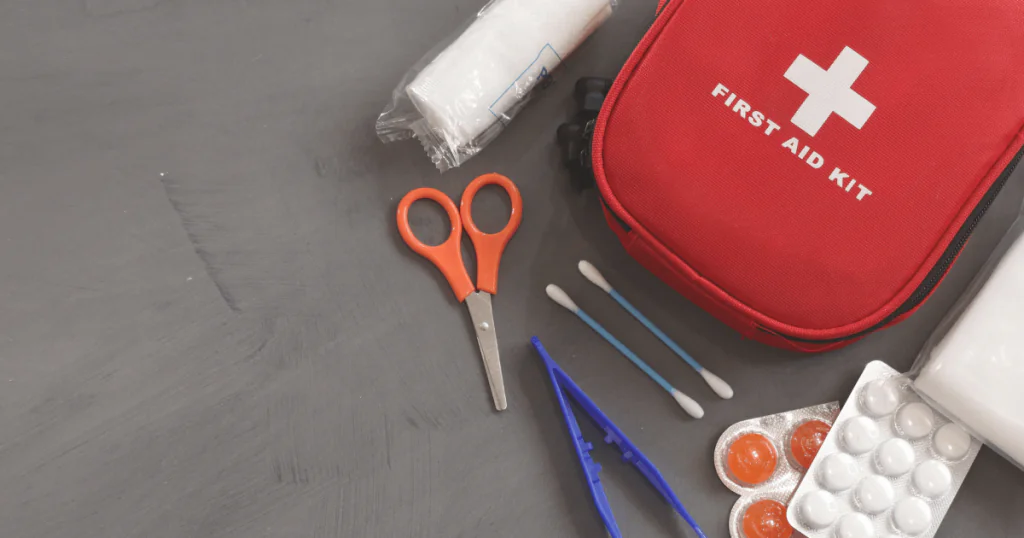One of the biggest benefits of having a ready-made first aid kit is not having to remember where everything is during an emergency. When your child scrapes their knee, you immediately know where to get antibiotic cream and their favorite character-themed bandages.
But choosing a first aid kit is not always easy. Grocery stores and pharmacies have several options, but the salesperson may not know you well enough to recommend the best first aid kit for your lifestyle. Which is correct?

Choose a first aid kit that suits your unique needs
Whatever your needs, there is a first aid kit on the market that will serve you well. For example, if you are the parent of a newborn, you need a kit that suits the baby's needs. It will include items to treat croup, ear pain, abdominal pain and teething symptoms. If you have pets, you need a completely different first aid kit with products to remove ticks and treat sore paws.
Backpackers and backpackers have different health requirements. You spend time in difficult terrain, which increases the risk of falls and sprains. And if you're traveling in groups, you may need to invest in a large first aid kit. For solo adventurers, a smaller, lighter kit is best.
If you regularly commute to work or take road trips, it is wise to purchase a car first aid kit containing flares, jumper cables, water and food. Those who live in areas with snowy weather should add a blanket and other winter safety items.
Focus on the essentials when creating a first aid kit
When evaluating or making a first aid kit, focus on the essentials. The list below is not exhaustive, but it covers many of the basic products found in first aid kits. If your kit is missing any of these must-haves, be sure to add them separately.
- Splints or wraps
- Packs of gauze pads
- Medical tape
- Bandages (adhesive bandages, triangular bandages, etc.)
- Medical alcohol
- Antibacterial ointment or antiseptic wipes
- Tweezers
- Aspirin
- Scissors
There are some additional points that you may also want to consider:
- Insect bite cream
- Medical tape
- CPR mask
- Cold pack
- Hand sanitizer
- Nitrile gloves
- Emergency blanket



